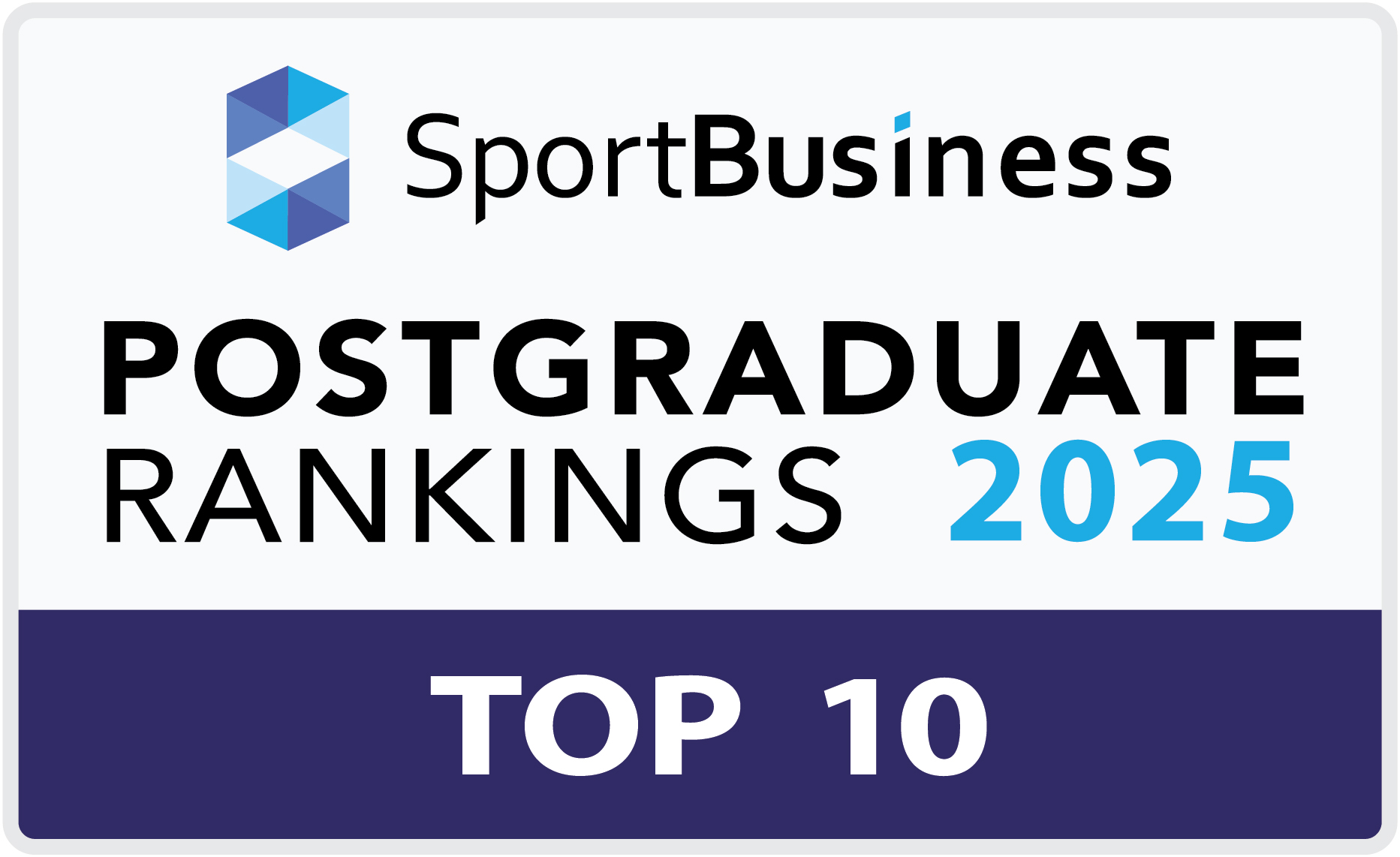Program Information
Overview of Program Information
- The Master of Science in Business Analytics (MSBA) is a 30 credit program consisting of 10 courses (no business pre-requisites required).
- Students are required to complete 30 graduate-level credits, or 10 three-credit courses (5000 level or higher), with a 3.0 GPA or higher to graduate. The program does not offer a thesis option.
- MSBA degree is offered by the department of Information Technology & Operations Management in the College of Business.
Information Sheets
- Additional details about program courses and application information can be found in the following documents:
Program Duration and Delivery Method
- Full-time students can complete the program in as little as 12 months (3 semesters) by taking 4 courses (12 credits) each in the Fall and Spring terms and 2 courses (6 credits) in the Summer term.
- Part-time students can complete the program in 2.5 years (7 semesters) by taking 2 courses each in the Fall and Spring terms and 1 course in the Summer term.
- Courses are primarily offered over a 16-week period in the Fall and Spring semesters. A limited number of courses are offered in the Summer semester over a 12-week or 6-week period; we do not offer 8-week courses in the Fall and Spring at this time.
- All courses in the MSBA program can be completed in a traditional face to face format.
- Traditional face to face courses are usually offered Monday-Friday during the daytime.
- Please check the FAU Course Schedule for further information about course offerings.
Comparing Business Analytics to Data Science
| Business Analytics | Data Science |
| Is the statistical study of business data to gain specific business insights. | Is the study of data in general, using statistics, algorithims, and technology. |
| It is manadatory for businesses to use Business analytics to gain a competitive advantage | Is an intellectual, abstract, and technical field - advancing the technology and science of data analytics |
| Is strategic - what a specific analysis means for the business? | Is technical - what mathematical and computer science concepts to use to make the data analysis efficient and accurate? |
| Is domain specific: business domain expertise required | Is a generalist field interested in data as numbers. Mo domain expertise is required. |
| Is used by business decision makers. Findings have to inform the organizations' decision-making | Is not used by business decision makers. Findings cannot infrom organizations' decision-making. |
| Is cognitive and business-oriented anaylsis, seeking direct implications for the business ("so what?" story) |
Is algorithim-based, Machine learning and AI constructed |
| Is only used when a well-defined business question is asked with the given data set | Is used without clear questions that need to be answered with the given data set. |
| Studies trends and patterns specific to a business. | Studies almost every trend and pattern. |
| Does not involve much coding. It is more statisics oriented. | Coding (programming) is widely used. Employs traditional analytics and good computer science knowledge. |
| Bases the analysis on statistical concepts. | Uses statistics at the end of anaylsis following coding |
| Heavy use of tools: focused on basket of built tools, techniques, each tool used for specific business problems. Tools used extensively in business anaylitics are Excel, Tableau, PowerBI, SQL, Python, SPSS, SAS, Google analytics, and many more. The most comonly used techniques are - Statistical Methods, Forecasting, Predictive Modeling and storytelling. | No use of tools. focused on mathematical, concepts, algorithims and coding. |
| Stakeholders' privacy is an important factor in the approaches to analysis and data handling | Privacy issues are not considered |
| Top industries where business analytics is used: finance, healthcare, marketing, retail, supply chain, economics, telecommunications. | Top industries/applicaions where data science is used: physical sciences, machine learning, AI. |



















